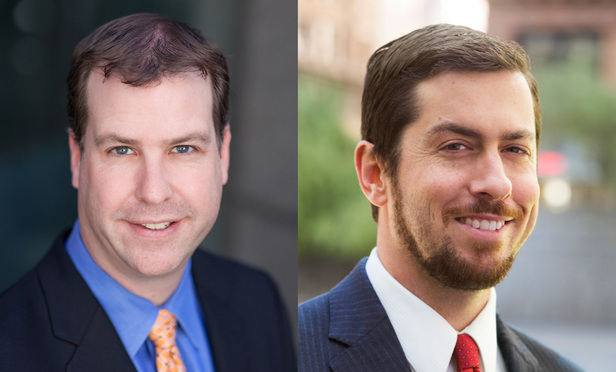For many companies, the attorney-client privilege is akin to a security blanket. Executives take comfort in the fact that communications with the company’s general counsel, especially those involving sensitive topics, will never see the light of day. However, the recent Northern District of California whistleblower case of Wadler v. Bio-Rad Laboratories, resulting in a jury awarding nearly $11 million dollars to a former general counsel, serves as a reminder that companies must be aware that the attorney-client privilege is not absolute. If a company’s relationship with its in-house attorney sours, it may find itself unable to keep otherwise privileged communications under wraps.
In-house counsel wear at least two hats. Not only do they serve as attorneys for their company—with the attendant duties, obligations and features of any attorney-client relationship—they also are employees. Like any other employee, if an in-house attorney is treated adversely by her employer for an illegal reason, the attorney can assert employment-related claims against the company. As observers of the Bio-Rad case well know, a key issue in a resulting employment lawsuit is how the in-house attorney can prosecute claims, and how the company can defend itself based on counsel’s poor performance, when the underlying evidence may be subject to the attorney-client privilege.



